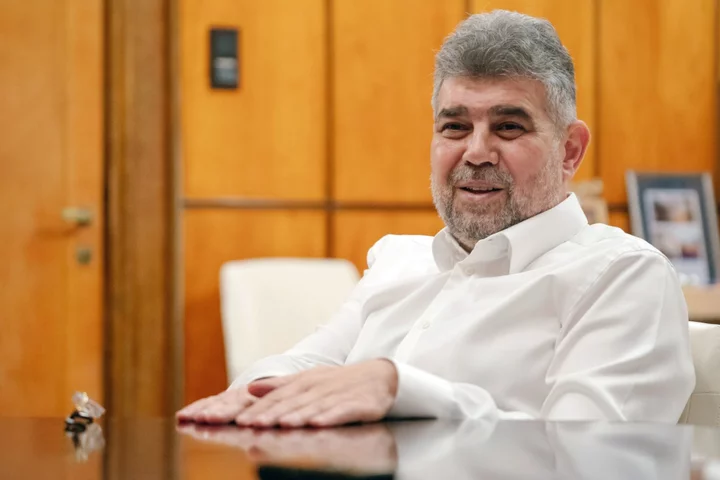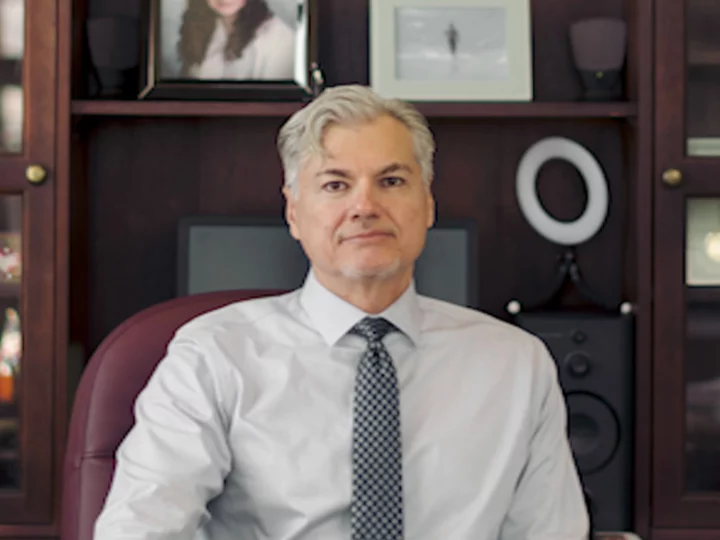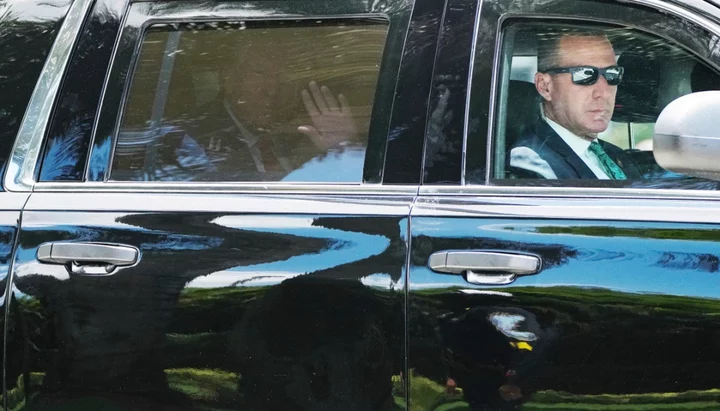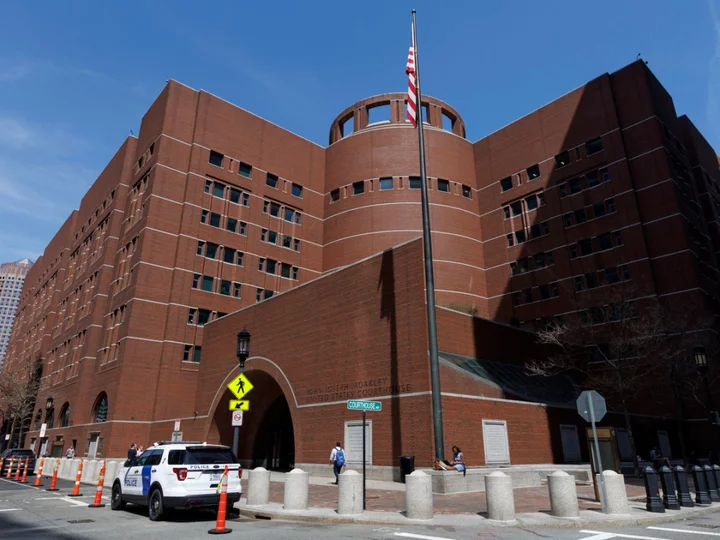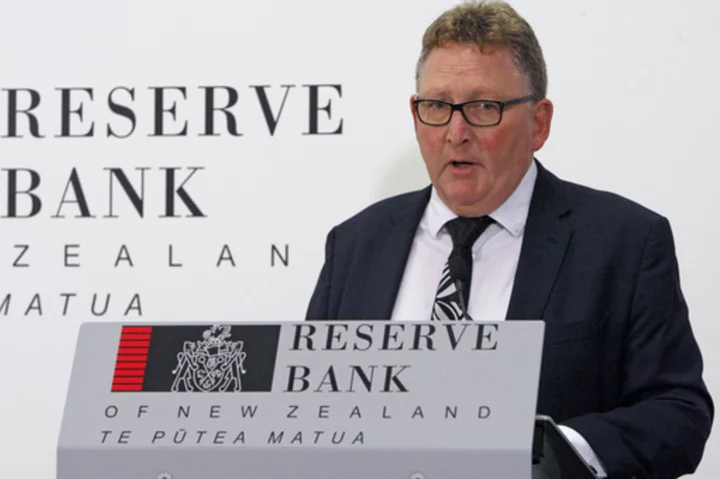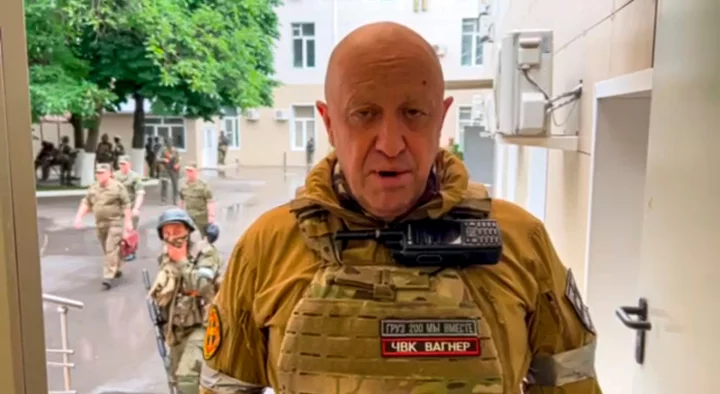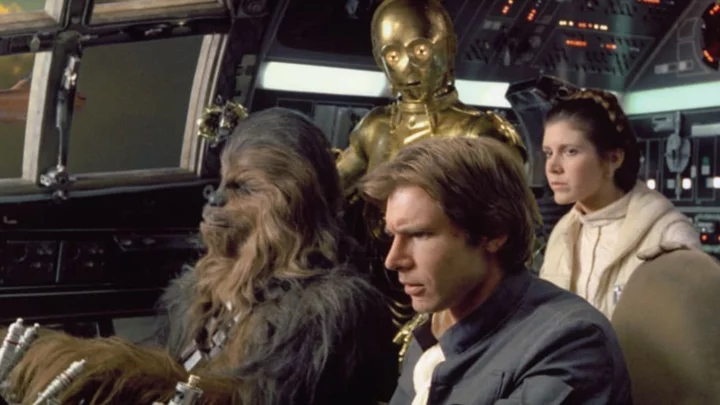Romania’s premier called the country’s failure to join the European Union’s visa-free travel zone a “profound injustice,” saying he’ll seek an extraordinary meeting and weigh legal steps to break the deadlock.
Prime Minister Marcel Ciolacu singled out Austria for vetoing Romania’s effort to join the EU’s Schengen area, which guarantees free movement within the bloc. In an interview in Bucharest, the premier underlined Romania’s solidarity with EU and NATO allies as a state bordering Ukraine. It helps channel exports from the war-battered nation.
“It’s Romania that’s shouldered the bulk of the transit of Ukrainian exports,” Ciolacu said in his office Monday. “It’s a necessity for Europe to have Romania and Bulgaria in Schengen.”
Romania, along with neighboring Bulgaria, has chafed at a struggle for over a decade to join Schengen even though both countries have long met conditions set out by the bloc. The border checks have caused billions of euros in losses and days-long waits for trucks carrying goods, including grains and military supplies for Ukraine, Ciolacu said.
Austria and the Netherlands blocked entry in the EU’s Justice and Home Affairs Council last year. The Dutch government’s veto centers on Bulgaria.
Ciolacu said he’ll ask the Spanish government, which holds the EU’s six-month rotating presidency, to hold an extraordinary meeting of the JHA council in December to re-visit the eastern nation’s bid. The meeting will fall after an election in the Netherlands on Nov. 22, when the political calculus could change.
The Romanian premier said Bucharest may also weigh splitting its Schengen bid from Bulgaria’s effort if negotiations point to a better outcome. Bulgaria said it saw “no indications” that the two nations’ efforts would move separately.
“We need a common European approach that unites the EU countries,” the government in Sofia said in response to a query, adding that Romania and Bulgaria are allies that can help protect the bloc’s external border.
Referring to Austria’s “unjustified veto,” Ciolacu said his government is also considering legal action at the European Court of Justice. He lashed out at the government in Vienna, saying that Austria is covered by an EU-wide air-defense system as a non-NATO member even as Romania, a member of the alliance, contributes to the region’s defense.
“It’s very hard for me to accept that Austria benefits from the European Sky Shield initiative even though it’s a neutral country, while Romania allocates 2.5% of its GDP for defense,” Ciolacu said.
But Austria has showed no sign of budging. Austrian Chancellor Karl Nehammer has placed migration at the top of the agenda ahead of an election scheduled for later next year. His center-right People’s Party is lagging behind the far-right Freedom Party.
“A Schengen expansion is not currently possible,” Nehammer said on Oct. 24 after meeting with Bulgarian Prime Minister Nikolai Denkov. “It’s not a position against Romania or Bulgaria, and I want to emphasize that. It’s a matter of security.”
--With assistance from Marton Eder, John Follain and Slav Okov.
(Adds Bulgarian government reaction in eight paragraph.)
Author: Andra Timu, Irina Vilcu and Chad Thomas

